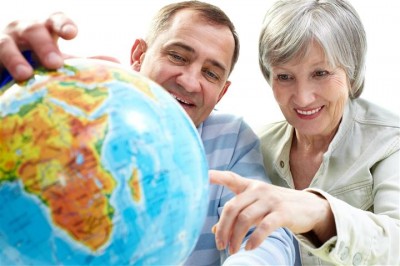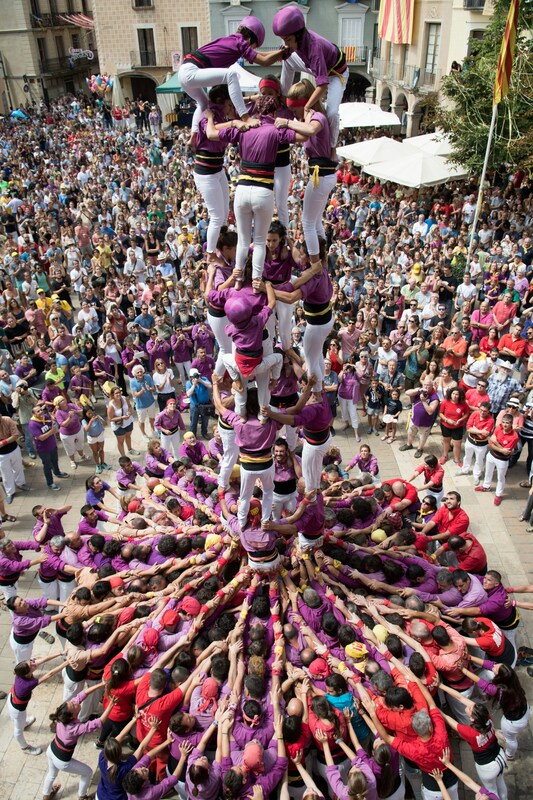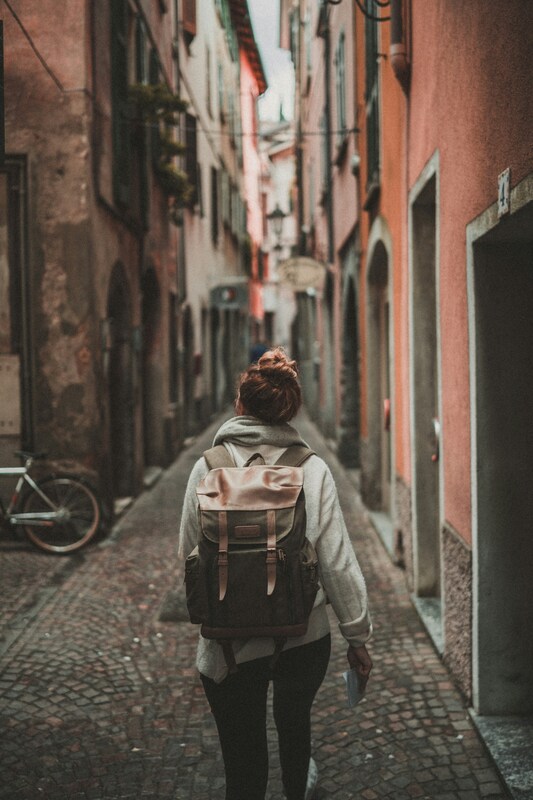- Business and Commerce: Arabic is the official language in many countries with growing economies, such as Saudi Arabia, the United Arab Emirates, and Qatar. Understanding Arabic can facilitate business negotiations, communications with local partners, and navigating commercial environments in these regions.
- Diplomacy and International Relations: Arabic is one of the official languages of the United Nations and is widely used in diplomatic circles across the Middle East and North Africa (MENA) region. Proficiency in Arabic can open doors to careers in international diplomacy, foreign affairs, and global organizations.
- Media and Journalism: Arabic-speaking countries have a vibrant media landscape, including newspapers, television networks, and online platforms. Proficiency in Arabic can lead to careers in journalism, broadcasting, translation, and content creation across these media channels.
- Education and Academia: Arabic is crucial for academic research and study in fields such as Middle Eastern studies, Islamic studies, linguistics, and history. Many universities offer courses and conduct research in Arabic, making it essential for students and academics alike.
- Tourism and Hospitality: Arabic-speaking countries attract millions of tourists annually to explore their rich cultural heritage, historical sites, and natural wonders. Proficiency in Arabic can enhance the tourism experience, facilitate communication with locals, and provide insights into cultural nuances.
- Security and Intelligence: Governments and organizations involved in security, defense, and intelligence often seek Arabic speakers for roles in analysis, translation, and cultural understanding in regions where Arabic is widely spoken.
- Humanitarian Aid and Development: Arabic-speaking countries often host humanitarian missions and development projects. Knowledge of Arabic can be invaluable for NGOs, aid workers, and volunteers engaged in relief efforts and community development initiatives.
- Literature and Arts: Arabic literature and arts have a rich heritage spanning poetry, novels, music, and film. Proficiency in Arabic allows access to a wealth of cultural expressions and artistic traditions.
Photo by Osama Saleh on Unsplash

















 RSS Feed
RSS Feed

